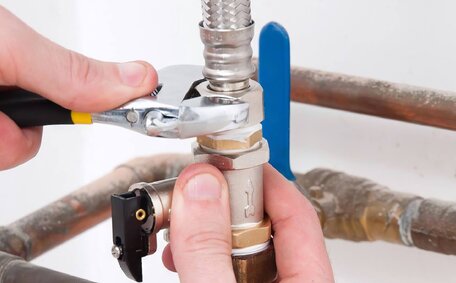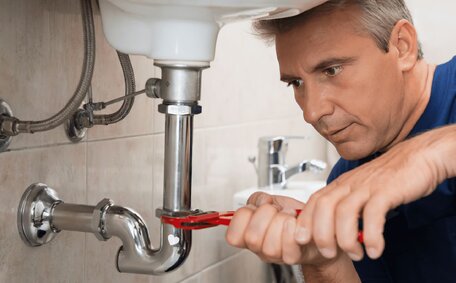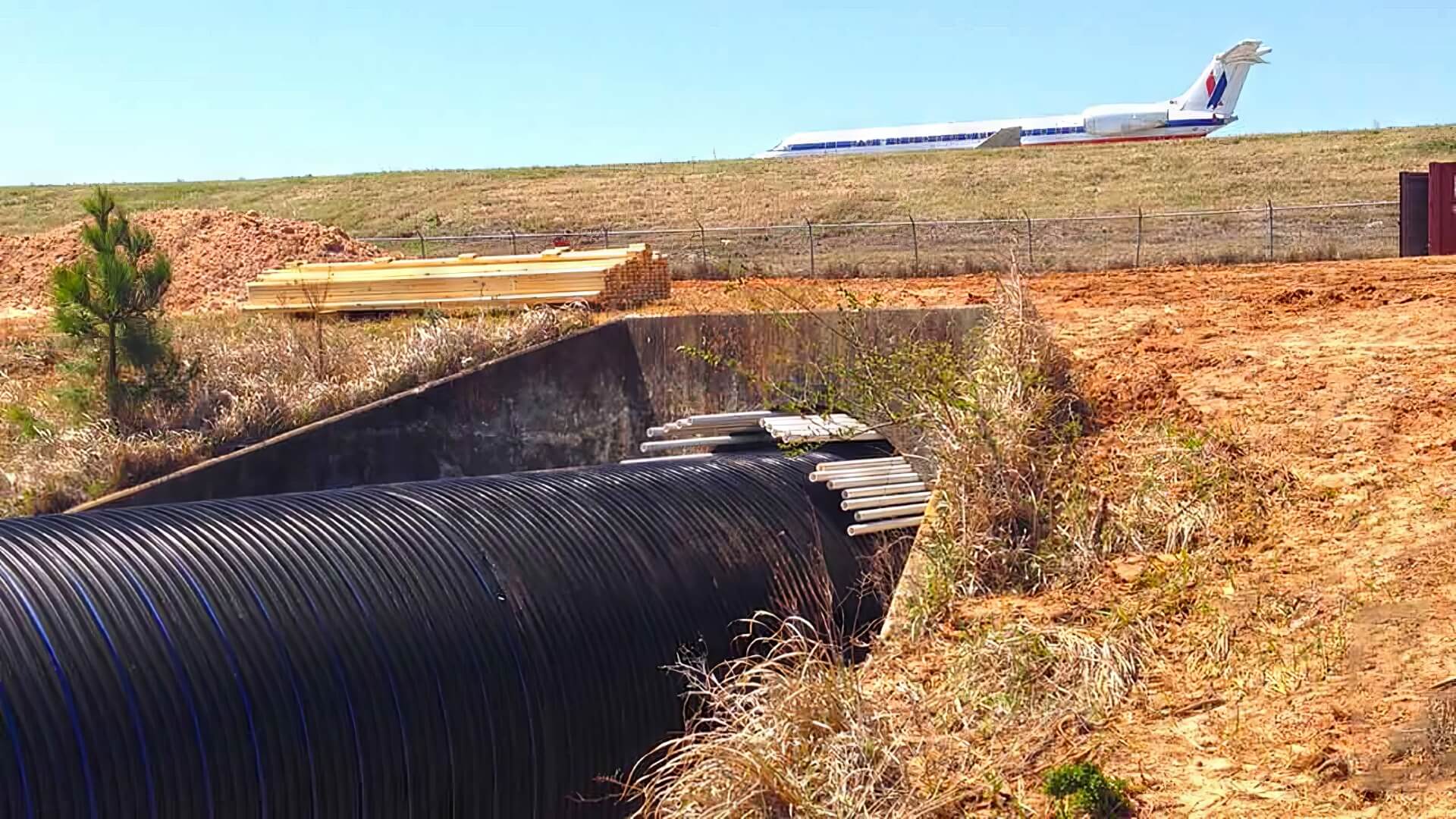
Is a broken tap an emergency?
A broken tap that is causing flooding, water wastage or damage should be treated as a plumbing emergency. Call our 24/7 emergency plumbers for prompt repairs to burst pipes, damaged taps, water leaks and more.
Read MoreHaving reliable access to hot water is crucial for comfort off the grid, serving essential needs like bathing, washing dishes, and doing laundry. Make sure to carefully calculate your household’s hot water requirements as an important first step in designing an appropriate off-grid hot water system.
Begin by monitoring your hot water usage – do you do laundry every day of the week? Factoring in things like family size, individual usage habits, and peak demand times can help you arrive at an accurate assessment of the total volume of hot water needed each day.
How many showers or baths are taken daily? When during the day is hot water used the most?
Once you know your required daily hot water volume, add a 20-30% buffer to the system capacity to comfortably meet peak demand. This will ensure you have sufficient hot water to meet your water needs even during periods of intensive use.
With your hot water needs quantified, the system can be better compared against different off-grid hot water heater types like solar water heaters, heat pump heating systems, and wood-fired boilers to help you choose the most practical and most efficient option for your home.
Ensuring you get your hot water demand calculation right is key - an undersized system will lead to shortages while an oversized one wastes money. Dedicating time upfront to the whole process of analysing your unique requirements and sizing your off-grid hot water solution can optimise efficiency, reliability, and cost-effectiveness.
Rooftop solar power systems are a superb renewable energy solution for providing hot water needs in an off-grid setting. These solar thermal systems, with roof-mounted panels, harness sunlight to provide hot water during the day. The system stores the water heated by solar energy in an insulated storage tank that you can use whenever necessary.
Solar hot water systems offer off-grid homes consistent access to hot water through eco-friendly means:
For optimal performance, tilt solar collectors strategically to maximise solar gain throughout the year, considering your geographic location.
Avoid shading from structures or vegetation. Connect collectors to a well-insulated storage tank sized to meet household demand. Situate plumbing runs in conditioned space to ensure your system retains hot efficiency and prevents heat loss.
Combining a solar water heater with additional solar panels creates a robust solar power system meeting both electrical and hot water needs sustainably. Given Australia’s abundant solar radiation, solar water heating is both environmentally friendly and economically sound for many off-grid homes.
Beyond solar thermal systems, several other renewable technologies can provide a sustainable water heating system off the grid. Two promising options are water heat pumps and wood-fired boilers.
Heat pump water heaters are incredibly efficient with coefficients of performance over 400%. Rather than generating heat directly, they remove heat from surrounding air and transfer it into the water. As they just move heat rather than create it, they use much less electricity than standard electric heaters. Heat pump water heaters are incredibly efficient with coefficients of performance over 400%. Rather than generating heat directly, they remove heat from surrounding air and transfer it into the water.
Upfront costs tend to be more expensive than other alternatives.
Wood-fired water boilers use biomass as fuel with built-in heat exchangers to transfer fire heat into water. Wood-fired heaters for hot water require considerable space and are generally installed in vented indoor boiler rooms or outdoor shelters with firewood storage.
Modern units are designed for high controllability and efficiency, and using locally-sourced wood fuel can be cost-effective in remote areas.
While DIY solar is highly recommended for off-grid setups, heat pumps and wood boilers are also viable solutions in appropriate climates. Here are some considerations to take into account: geographical areas, space limitations, fuel supply logistics, and budget when weighing your options.
Selecting the right components is critical to ensure the system your installing meets off-grid hot water needs reliably and efficiently.
For storage, consider an evacuated tube tank that offers quality and durability. Opt for a properly insulated, food-grade polymer or stainless steel tank sized to comfortably meet average hot water demand with about 30% excess capacity. Account for your climate – in colder areas, you may need heating elements in your tank and better insulation.
Assess your solar collectors or heat pumps not just for output efficiency but also build quality and durability in your area’s weather conditions. Seek advice from experts on how to size water heaters effectively to meet your requirements.
Study the pumps, heat exchangers and plumbing components. Select reliable brands which integrate smoothly with existing pipework. Double-check compatibility, pressure limits, food-safety compliance and electrical specs ahead of purchase to minimise issues down the track.
While upfront cost is important, don’t compromise system longevity by skimping on key components. Purchase top-tier equipment from reputable suppliers to ensure your solar hot water system reliably serves your household for years to come.
Installing off-grid hot water systems requires careful planning and often professional assistance. Seeking out a reputable solar hot water installer like North Ryde Plumbing is advisable to ensure correct system configuration and compliance with plumbing regulations.
When installing solar hot water units, bear in mind the rooftop work should only be carried out by qualified technicians. On the other hand, connecting a heat pump or wood-fired boiler to existing internal plumbing can potentially be a DIY project for a competent homeowner.
To maximise system efficiency and longevity, some key maintenance tasks include:
It’s useful to track daily hot water usage patterns. If you notice a drop in capacity over time it may indicate the need for a system upgrade as your demand increases.
For assistance when installing off, maintaining or troubleshooting your off-grid solar system, contact the team at North Ryde Plumbing on 1300 349 338 or email [email protected]. Our qualified technicians service all major brands and equipment types.
Integrating a hot water system with solar PV and batteries offers a sustainable method to meet heating, electrical, and hot water demands off-grid. There are significant synergies between various renewable energy technologies.
Excess electricity from your solar system generated during the day can be diverted to an electric heating element in your water tank.
This allows the solar energy to integrate into the system your hot water uses for storage as thermal heat for later use. Hot water can also be pre-heated using solar without thermal collectors before the electric boost. Installing larger solar arrays enables storing more energy in hot water tanks.
Battery storage also facilitates increased self-sufficiency. Solar PV charges batteries during daylight which then draw power for pump solar systems or electric elements overnight for the hot water supply. Avoiding grid power draws for heating can save lot on energy bills.
When planning your integrated off-grid system, engage installers like North Ryde Plumbing early on. Our experts will help properly size and configure all components for optimal renewable energy capture, storage and utilisation across lighting, appliances and hot water based on your household’s needs.
Living off the grid means you’re often the first responder to issues with your hot water system. Although it can be intimidating, correctly diagnosing and resolving issues is crucial to maintain consistent access to hot water.
If your solar hot water system isn’t heating sufficiently, check the storage tank first to ensure the electrical boost elements are functional. If it still isn’t outputting enough heat, the issue may be undersizing - consult an installer about upgrading your collectors.
Is the tank well-insulated? Check glycol levels in the solar collectors. Ensure glazing is clean and the array isn’t shaded.
For heat pump systems, insufficient hot water usually indicates a problem with the heat pump itself or the exterior unit.
Check error codes on the display panel. Ensure coils are clear of debris and adequately ventilated. Top up refrigerant levels if low. If error codes persist, contact a technician to inspect and service the heat pump.
Wood-fired boilers prone to soot buildup may need their flues cleaned. Check for ash blockages around the firebox and clean out as required. Have professionals assess draught strength and combustion efficiency during annual servicing.
Always prioritise safety when undertaking any repairs yourself. Allow wood boilers to fully cool before inspecting interiors.
Switch off all power to solar electric and heat pump systems. Consider potential hazards like working at heights or harmful refrigerants.
For professional assistance troubleshooting more complex issues with your off-grid hot water system, contact our team at North Ryde Plumbing on 1300 349 338.
A broken tap that is causing flooding, water wastage or damage should be treated as a plumbing emergency. Call our 24/7 emergency plumbers for prompt repairs to burst pipes, damaged taps, water leaks and more.
Read MoreBurst pipes, blocked toilets, sewer backups and lack of hot water are among the most common residential plumbing emergencies that require urgent attention from a professional plumber. If you experience any of these issues, call our 24/7 North Ryde emergency plumbers right away for fast, reliable service.
Read MoreTo determine if a relined pipe meets safety standards, professionals use equipment like CCTV cameras and hydrostatic pressure tests. Relining pipes is an affordable, non-invasive alternative to full replacement that can extend pipe lifespan 50+ years if done properly.
Read MoreNorth Ryde, 2113 NSW
We will call back as soon as possible.




